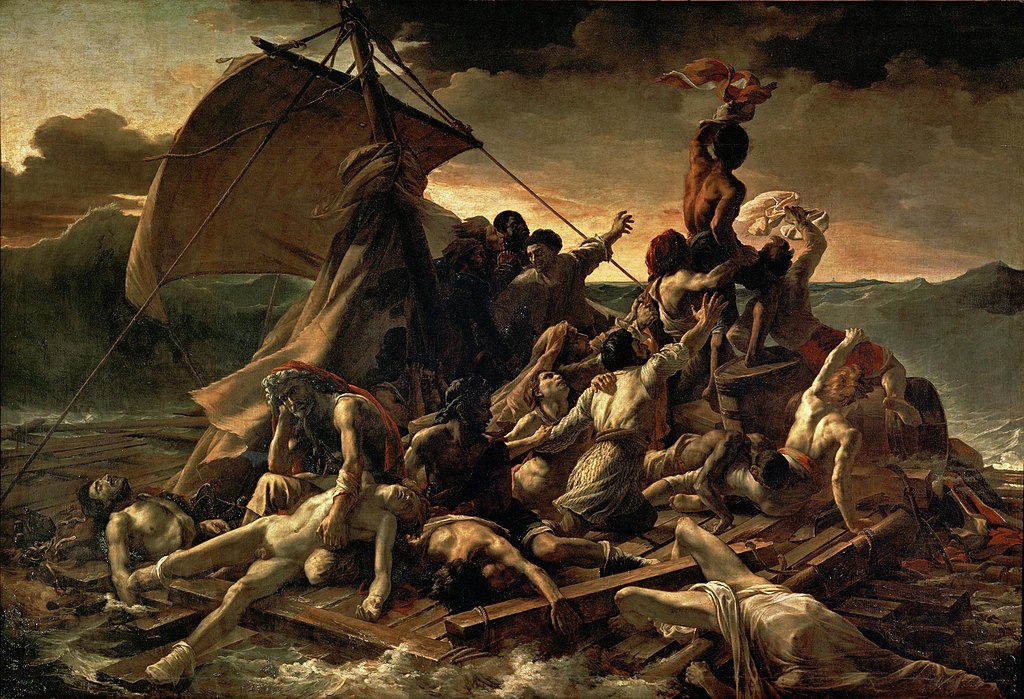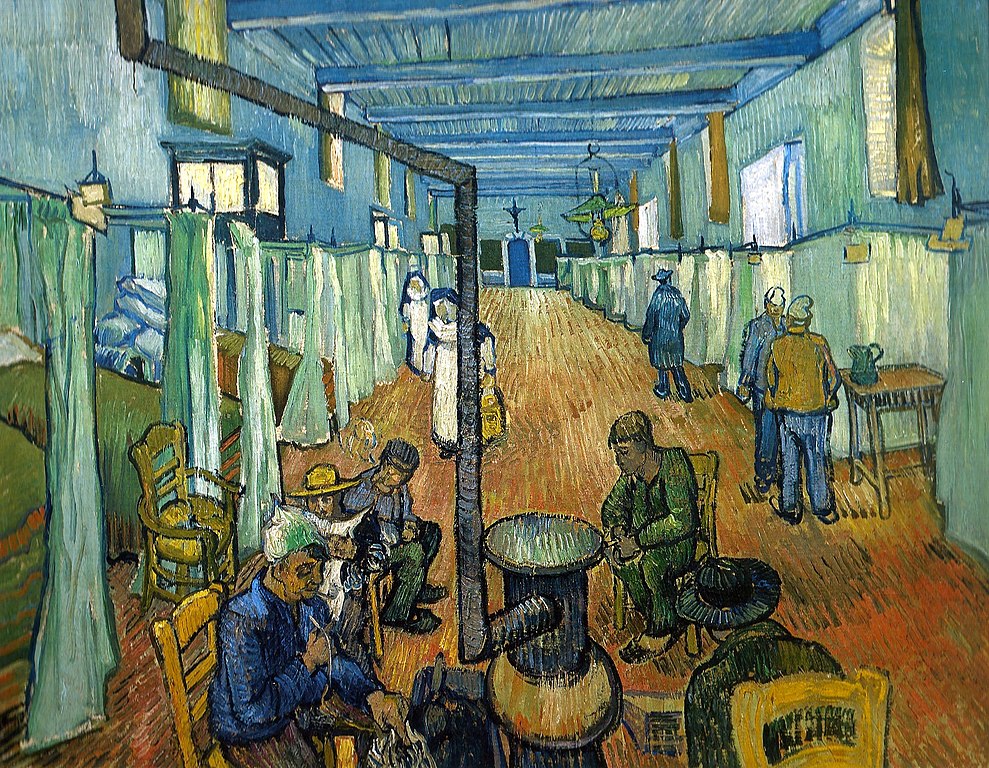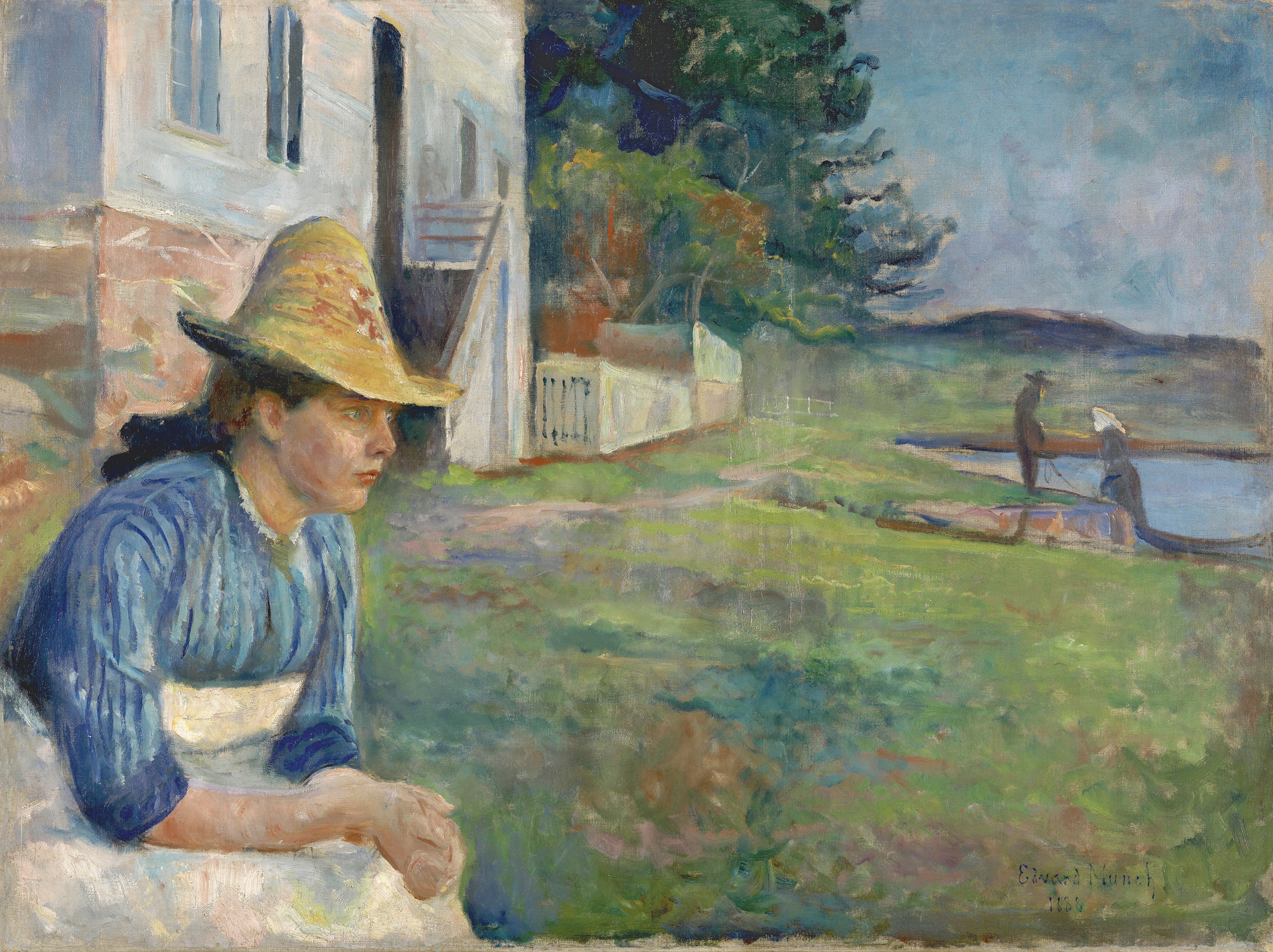Portrayals of mental health were revolutionised from the nineteenth century onwards. While previous generations had focused on the ostracism of those suffering mental illness, and the fear their condition aroused in others, modern artists began to focus on the dignity and humanity of sufferers. Four current London exhibitions show this move towards compassion.
On display at the Courtauld’s Goya to Impressionism, Theodore Gericault’s A Man Suffering from Delusion of Military Rank, c.1819 -22, shows the artist’s sensitive response to ‘monomania’, the term coined in the early 1800s for people living with a single delusional obsession. It is thought this painting is part of a series of portraits on fixations including A Child Snatcher, A Kleptomaniac, A Woman Addicted to Gambling and A Woman Suffering from Obsessive Envy, the face of the last rendered in an unsettling green tinge.
The circumstances surrounding the painting of the series remain mysterious. The timing coincides with Romantic painter Gericault completing his most famous work, the monumental The Raft of the Medusa, 1818-19, depicting 15 survivors of a shipwreck, who had been adrift on a makeshift raft, originally containing 147 passengers, from the French frigate Meduse. Gericault’s preparation for the canvas included visiting morgues to check on the colour of decomposing flesh and building a model of the doomed raft. His difficulties in completing the huge work, over 23 feet long, and the possibility some of his close family may have suffered from mental illness, have supported the belief Gericault painted A Man Suffering from Delusion of Military Rank, and related portraits for personal reasons, possibly out of gratitude to the physician who cared for his family. But there is now doubt if Dr Etienne-Jean Georget commissioned the painting, and whether he was chief physician at Saltpetriere asylum in Paris.
Even if a biographical motivation for the series falls down, and there is no way of knowing if the subjects of the portraits were individuals living with mental health conditions, these portraits remain unique in early nineteenth century painting. People deemed at the very margins of society are portrayed in the same manner as the most powerful, in half-length portraits emphasising their dignity and humanity, over their social estrangement and health challenges.










